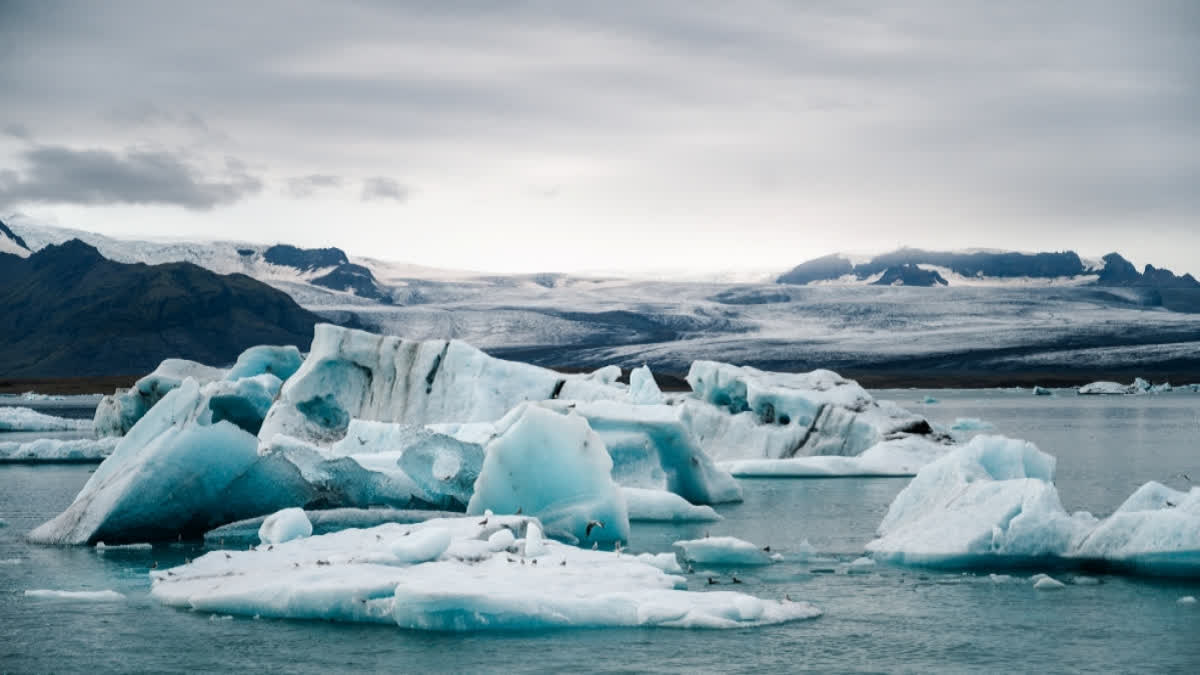Wollongong: After decades immersed in Antarctic science, Dana M Bergstrom says that he learned that physical and biological changes rarely occur smoothly. More often than not, they unfold in sharp steps. Right now, Antarctica's climate and ecosystems are experiencing disturbing changes.
Much of this winter's sea ice is missing. A crucial ocean current is slowing down, and glaciers and ice shelves are disintegrating. On land, fragile moss ecosystems are collapsing. Majestic emperor penguins may be headed for extinction. And pollution from human activity in Antarctica has left a toxic legacy. It's almost certain things will get worse.
On Friday, hundreds of international scientists called for an urgent expansion not contraction of Southern Ocean science in response to the emerging climate crisis. This adds to the scientific chorus claiming we have only a narrow window to save the planet. I've spent 40 years in Antarctic and subantarctic research. Some 22 of those were spent at the federal government's Australian Antarctic Division; my final day there was last Thursday. No longer a public servant, I feel compelled, as a private citizen now, to publicly stand up for the icy continent and the benefit of Antarctic science to society.
Crucial to life as we know it:Antarctica matters as what happens there affects global weather patterns and sea levels. But Antarctica's climate is changing. Record-breaking stored heat is melting ice shelves from underneath, setting off a chain reaction. Without the buttressing of the ice shelves, glaciers flow faster to the sea. In West Antarctica, the Thwaites doomsday glacier is melting faster than predicted. In East Antarctica, lesser-known ice shelves have collapsed and glaciers are shrinking, adding to sea-level rise.
Antarctica is governed by the Antarctic Treaty, negotiated by 12 countries, including Australia, during the Cold War in 1959. Australia's territory in Antarctica comprises 42 per cent of the continent. In my view, the treaty is magnificent. It represents a grand vision: a continent set aside for conservation, peace and science. But Antarctica remains under threat. And the biggest threat of all is climate change.
Also read:Antarctica’s sea ice falls to unprecedented lows for this time of year: Report
In June this year, all treaty nations, including Australia, collectively stated: changes in Antarctic and Southern Ocean environments are linked to, and influence, climate impact drivers globally. They added further irreversible change is likely without accelerated efforts to reduce greenhouse gas emissions. Scientific research is crucial in the face of these threats, to help better understand these changes now and over the longer term, and to feed into policy interventions.
